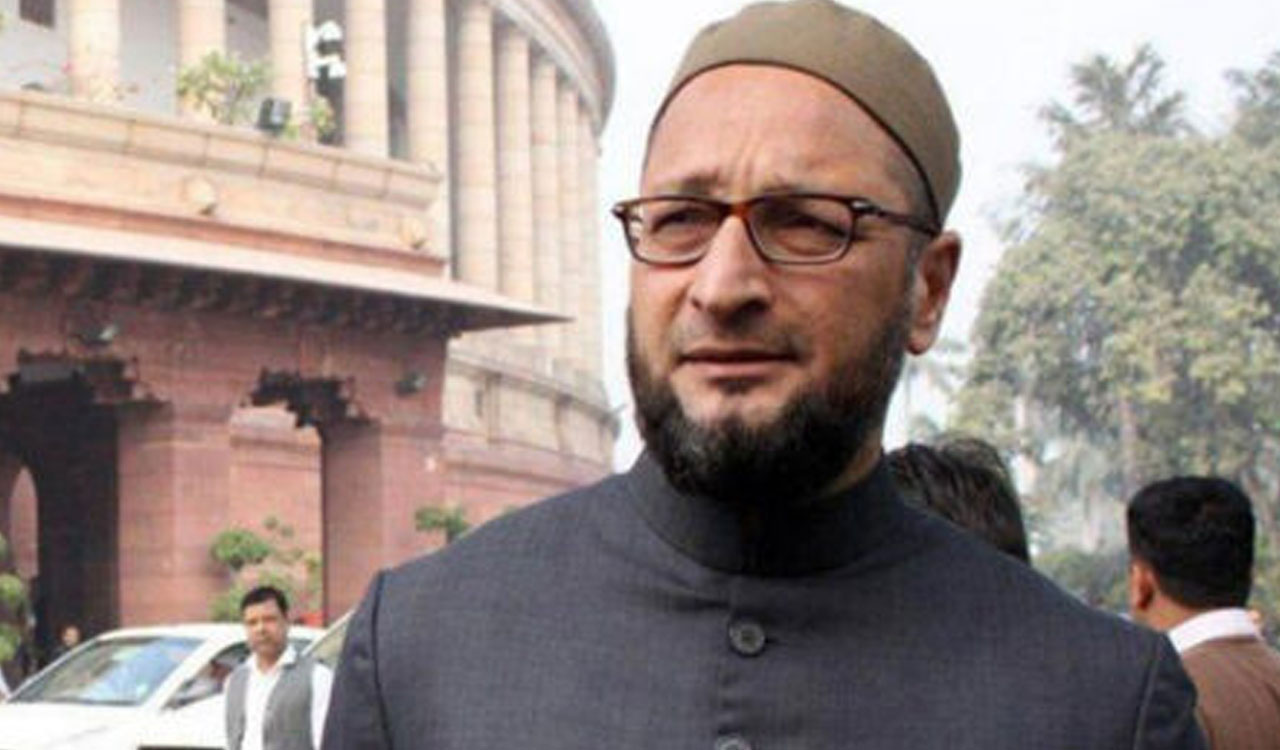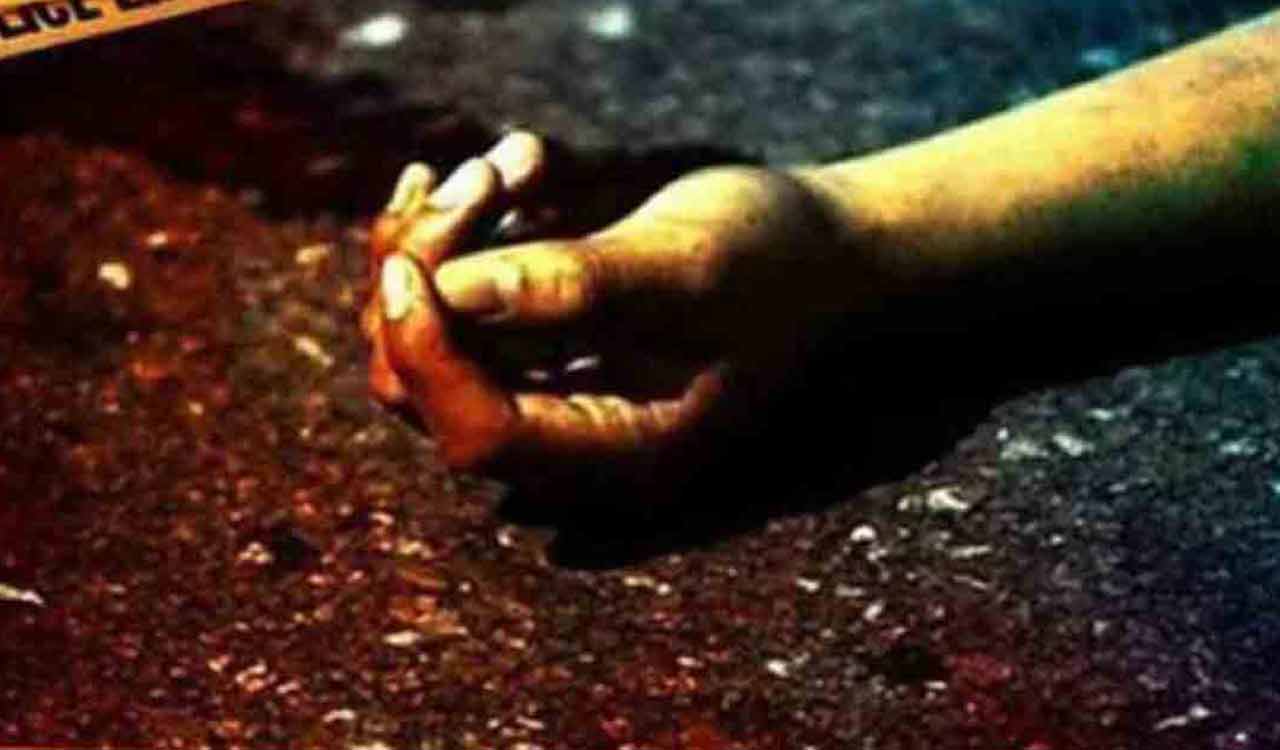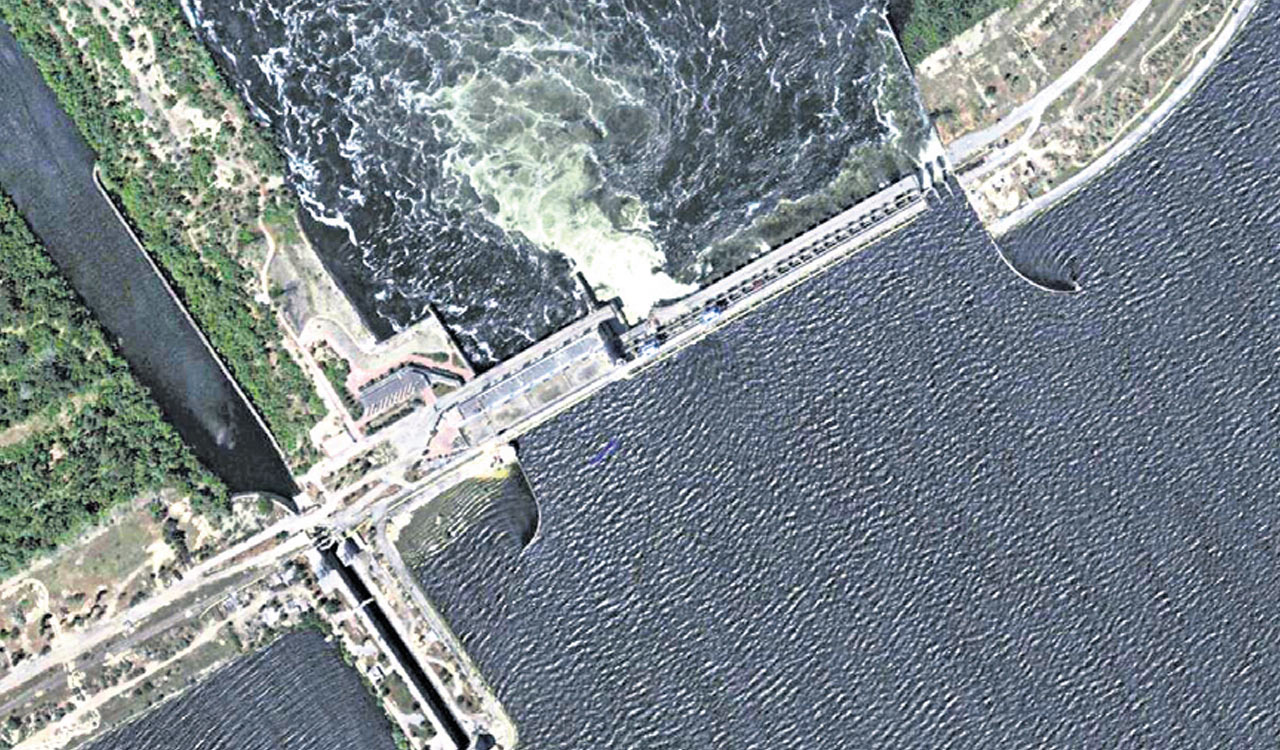Opinion: If Kafka endured today’s wars
Embracing life-sustaining hope alone can guide us to end suffering — the message Kafka conveys
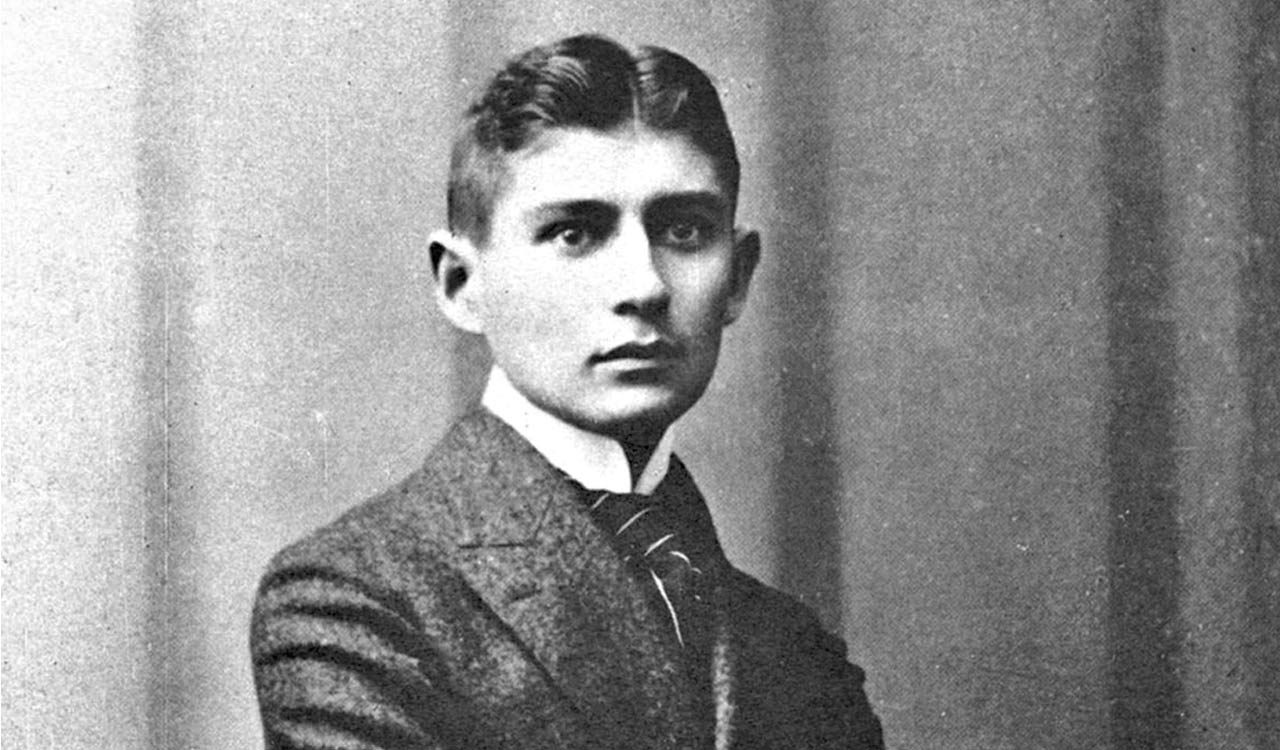
By B Maria Kumar
I often find myself visiting Necklace Mall in Secunderabad, a popular hangout just a stone’s throw from my home. I don’t go there for the typical shopping spree or to be part of the bustling crowd, but rather for the simple pleasure of sitting quietly in a solitary corner, enjoying a warm cup of filter coffee. It was during one of these serene pauses, seated in my usual spot, that I began recalling something peculiar.
The land where this modern mall and its adjoining complex stand today was once the site of a well-known cluster of machine-making workshops. They were part of Praga Tools, a public sector undertaking I’ve been familiar with for decades. The memory of that iconic industrial hub, though relocated to a different place now, struck me as fascinating, specifically as I thought about how much the landscape has changed over time.
World of Franz Kafka
The mention of Praga Tools reminded me of another company with the same name, Praga Cars, based in Prague. The connection between these two names sent my rumination wandering to the mysterious world of Franz Kafka, the literary giant who lived almost his entire life a century ago in the capital of the Czech Republic. Kafka, whose works remain some of the most intriguing stories ever told, grew up, worked, loved and wrote in that city, leaving behind a legacy forever tied to Prague’s identity.
This contemplation of Kafka’s life made me realise that, just like many of us, he endured turbulent times. He survived the Spanish Flu, the devastating pandemic of his era, much like we’ve navigated Covid-19. Moreover, he lived through World War I, bearing witness to the calamities of deadly battles, much like the ongoing violent warfare in Eastern Europe and the Middle East today, where innocent lives are caught in endless cycles of tragedy with no end in sight.
It is heartening to learn that Prague, the city of Kafka, has been hosting year-long commemorative activities in his honour, marking 2024 as the centenary of his death. Kafka, who passed away in June 1924 at the age of 41 due to illness, left behind an extraordinary scholarly heritage. The range of storylines he explored at such a young age continues to baffle not only intellectuals but also people of ordinary talent. His tales, which span themes from simple social settings to complex psychological and metaphysical dilemmas, captivate readers and compel them to confront existential uncertainties. Kafka’s work stirs the mind, prompting us to search for solutions to crises that we feel are both personal and universal.
Present Crisis
It would be a challenging question to envision how Kafka might have discerned the present volatile circumstances if he were living through today’s active wartime. The conflict in Eastern Europe, now over two years old, and the one in the Middle East, which started almost a year ago, have both evolved, not only escalating survival unknowns in these regions but also amplifying global tensions related to food, energy, trade and other techno-economic disruptions. With hundreds of thousands killed, millions displaced, thousands left hungry and sick, and survivors experiencing profound disillusionment, Kafka might have seen the absurdity of these wars mirrored in his own narratives.
For example, wars have pushed countless innocents into poverty and despair, much like Gregor Samsa in ‘The Metamorphosis’, who, after transforming into an insect, is abandoned by society and his own family, cast aside to fend for himself, isolated and unloved. Similarly, Kafka’s story, ‘A Country Doctor’ speaks about the struggles of healthcare workers today, doctors who want to help the wounded soldiers and civilians but are overwhelmed by factors out of their reach. Much like Rosa, the doctor’s assistant, many war victims find themselves vulnerable, unprotected and powerless under the weight of unbearable misfortune.
Some innocent civilians, like Josef K in ‘The Trial’, undergo arbitrary harassment and persecution in vague systems of authority. They meet unfortunate destinies at the whims of bureaucratic forces, similar to what we see in the present conflicts where civilians suffer under the unpredictability of war and indifferent military officials. And then there is K, the protagonist in ‘The Castle’, who toils endlessly against an unresponsive administrative machinery, only to be subjected to loneliness and failure. Many of today’s war-stricken people endure similar hardships against faceless institutions, trapped in situations they never chose, just like Kafka’s personae, who find themselves defenceless.
Sweetness of Existence
Kafka and his friend, and literary executor, Max Brod, often mused on the sweetness of existence before the war, as the latter noted in his writings. The war, Kafka believed, had invaded everyone’s life, casting a shadow of pain and disruption. Kafka frequently wondered if it was a form of guilt to be born into such a troubled world. In one of his conversations with Brod, he confessed, “There is an infinite amount of hope in the universe, but not for us”. By saying “not for us”, Kafka employed biting sarcasm, implying that while hope is abundant, it feels frustratingly inaccessible. However, the deeper meaning in his words was that everyone should continue striving for hope as it is essential for creating a better life.
Modern psychological research also points out the critical importance of hope, particularly during periods of harsh tribulations. Jamil Zaki, a professor of psychology at Stanford University, explores this concept in his latest book, released in the first week of September 2024, coining the term “hopeful skepticism.” He argues that those who maintain a balance between hope and scepticism are better equipped to navigate challenging situations.
Additionally, in a research paper published in the August 2024 issue of the journal ‘Stress and Health’, authors Kristin Scott, Sharon Sheridan, Emily Ferrise and Tom Zagenczyk found that hope can motivate individuals to seek improvements in their lives, rather than passively accepting the crippling adversities. And ultimately, this is the message that Kafka conveys through his ideas and intricate plots, highlighting the significance of embracing life-sustaining hope, which alone can confidently guide us to move forward devising ways and methods to end suffering and usher in a brighter future.
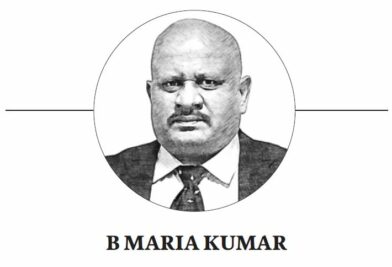
(The author, IPS (Retd), is a winner of National Rajbhasha Gaurav Award for 2022-23)
Related News
-
Save future of Telangana NEET PG aspirants, IMA writes to CM Revanth Reddy
18 mins ago -
Telangana techie loses Rs 4.15 lakh to online gold trading fraud
48 mins ago -
Hyderabad: Couple working as house help at doctor’s residence held for theft
1 hour ago -
Hyderabad auto driver foils attempt to kidnap young woman, five held
2 hours ago -
Haiti gang attack on journalists covering hospital reopening leaves 2 dead, several wounded
3 hours ago -
21 dead as Mozambique erupts in violence after election court ruling
3 hours ago -
Cartoon Today on December 25, 2024
11 hours ago -
Sandhya Theatre stampede case: Allu Arjun questioned for 3 hours by Chikkadpallly police
12 hours ago

